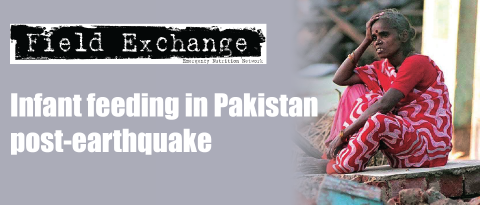Donor debate over food for cash
Summary of published report1
Adebate is raging among donors over whether aid to address food insecurity should be sent as food or cash. A report, published at the end of September 2005 by the Organisation of Economic Co-operation and Development (OECD), concluded that shipping food, rather than cash, to disaster areas cuts the benefit of aid by 30%. Several of the largest aid donors, including the EU and Canada, have taken this view on board and have replaced some of their food-only shipments with money. For the USA, however, the switch is proving difficult.

Shipping food aid from donor countries greatly adds to the cost
The Bush Administration wants to purchase 25% of its food aid abroad, rather than buying it in the USA and shipping it to where it is needed as required under current law. This policy would make food aid much more effective by cutting transportation costs, which currently swallow 40% of aid money. And, since the USA funds just under 60% of all food aid, a change could have a substantial effect on the global burden of hunger. Senate leaders have other ideas, however. On the 22nd of September 2005, they voted against the Bush proposal, in a move widely viewed as an attempt to protect the interests of US farmers and cargo-ship firms who currently profit from government-donated aid.
The stance adopted by US congressmen underlines that what is needed is not simply more food or aid, but a concerted international effort to eliminate domestic political constraints on aid sourcing and delivery.
1The Lancet (2005). Boosting the effectiveness of food aid. The LANCET, vol 366, pp 1422, October 22, 2005
Imported from FEX website


